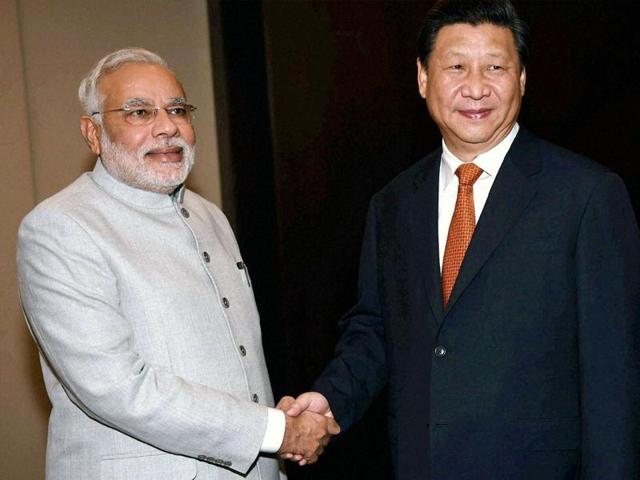The importance of the SCO is often overstated
As India makes an effort to become part of the SCO, it will have to be cognizant of the underlying geopolitical realities that have shaped the evolution of the grouping and their impact on its foreign policy priorities
For all the hyperbole of the final communiqué issued by the Shanghai Cooperation Organisation (SCO) in Tashkent, it is more than clear that the organisation remains a far from effective body capable of making significant decisions. In India, the discussion about the SCO was shaped by the fact that Prime Minister Narendra Modi met Chinese President Xi Jinping on the sidelines of the summit to discuss India’s candidacy for the Nuclear Suppliers Group (NSG). In any case, India’s accession to the SCO has only just begun and it will be a while before India, along with Pakistan, becomes a full-fledged member.

India was admitted into the SCO as an observer at the 2005 Astana Summit along with Iran and Pakistan. Though the 2010 Tashkent Summit lifted the moratorium on new membership, India’s role in the grouping still remains a marginal one. And in the recent summit, the SCO has also opened the doors for Iran’s entry as a full member.
Read | China says it will support Pakistan’s case on NSG entry
The SCO region covers almost 60% of the Eurasian landmass, with over 1.5 billion in population, including some of the world’s leading energy-rich nations. So its importance is likely to grow in the coming years. India’s growing stakes in Central Asia too are well-recognised. For India, therefore, a membership in the SCO is primarily its gateway to Central Asia. India would also like to a member of an organisation that is now becoming dominated by China’s growing clout.
India views itself as a stabiliser and security provider in Central Asia and with its growing economic clout, an attractive economic power. India’s interest in securing reliable energy supplies and trade through Central Asia remains substantial. There is a seamless logical web from the objective of ensuring Central Asian stability and New Delhi’s voice there to the conclusion that India must also ensure reliable energy access to oil and gas sources in Central Asia.
Read | Chinese state media omits details of Xi and Modi’s NSG talks in Uzbekistan
Major powers have competed for power and influence in Central Asia since the 19th century and that “Great Game” seems to be back with a bang. However, the importance of the SCO that has evolved into a forum for discussion on regional security and economic issues has often been overstated. The SCO emerged as a significant factor in the post–9/11 environment as growing ethnic nationalism and Islamic fundamentalism emerged as major causes of concern for Russia, China and Central Asian states. The SCO has served for them as a means to keep control of Central Asia and limit American influence in the region.
It is the Russia-China dynamic that is shaping the trajectory of the SCO today with Russia focused on making the organisation as a challenger to the West and China more interested in making it a vehicle for the realisation of its geo-economic strategic aims. As India makes an effort to become part of the SCO, it will have to be cognizant of the underlying geopolitical realities that have shaped the evolution of the SCO and their impact on its foreign policy priorities.
Harsh V Pant is professor of international relations, department of defence studies, King’s College London
The views expressed are personal





